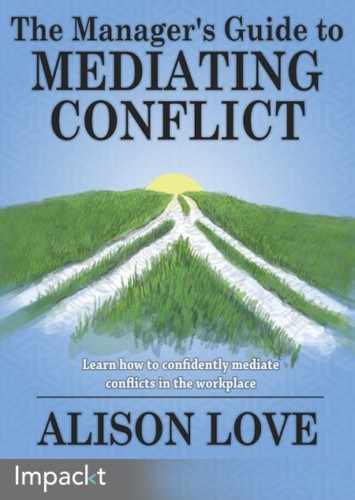As indicated in the preceding section, stress caused by such things as organizational change or increasing workloads can in itself contribute to conflict arising. In addition, where individuals are in conflict, one or usually both parties will almost always be in a state of stress so the situation will worsen. Understanding how stress impacts individuals and how this impacts the ability to deal with conflict situations is important to understand. I now look back on disputes that I was involved in litigating and appreciate why parties acted in the way that they did. Had I understood this at the time, I am sure that this would have helped me advise people better and influence the way that matters were handled.
Essentially, stress makes us stupid. The neurological impact of stress is that blood in our brains moves from the frontal area which is the logical thinking part of our brains to the subcortical area, which is the emotional part where the flight or fight response modes are activated.
This means that the logical thinking parts of our brain are blocked by the instinctive flight or fight response modes. The following are some of the consequences of this:
- Our ability to focus is weakened
- Our minds keep being dragged back to the object of tension (such as the conflict)
- We do not listen properly and communication suffers
- We react in inappropriate ways, for example by responding aggressively or withdrawing
- We see ill motive and a conspiracy theory in everything that is said or done
- We jump to conclusions too quickly and respond too violently to events that in the bigger scheme of things seem totally unimportant
- We are not able to relate to others as effectively
It is important to appreciate that individuals will be reacting in these ways throughout a mediation process. In order to help them return to a position where they can listen and respond appropriately, it is first necessary to help individuals to get out of their state of stress. There are very simple exercises that you can encourage others to do to relieve stress. For example, concentrating on breathing deeply is highly effective; an excellent way to do this is to practice 7/11 breathing. This is where you breathe in for seven and breathe out for eleven. It is the ratio that is important so that you are breathing in for less time that you breathe out. Another technique is to improve your posture by imagining a balloon on a string from the top of your head. It may sound a bit odd but these two very simple exercises are highly effective. If in doubt, try it next time you feel stressed; I guarantee you will start to feel calmer.
Also as a mediator, you can help reduce stress by acknowledging the emotions of the parties, being empathetic and understanding, demonstrating real deep listening, giving individuals sufficient time, having patience, and establishing and maintaining calmness throughout. Remember that your mood as the mediator will affect the parties.
Whether you are in an active mediation process or simply managing the stresses and strains of your employees, dealing with stress effectively is essential, and the skills that you will use in a mediation scenario can be used every day to help your employees and colleagues.
